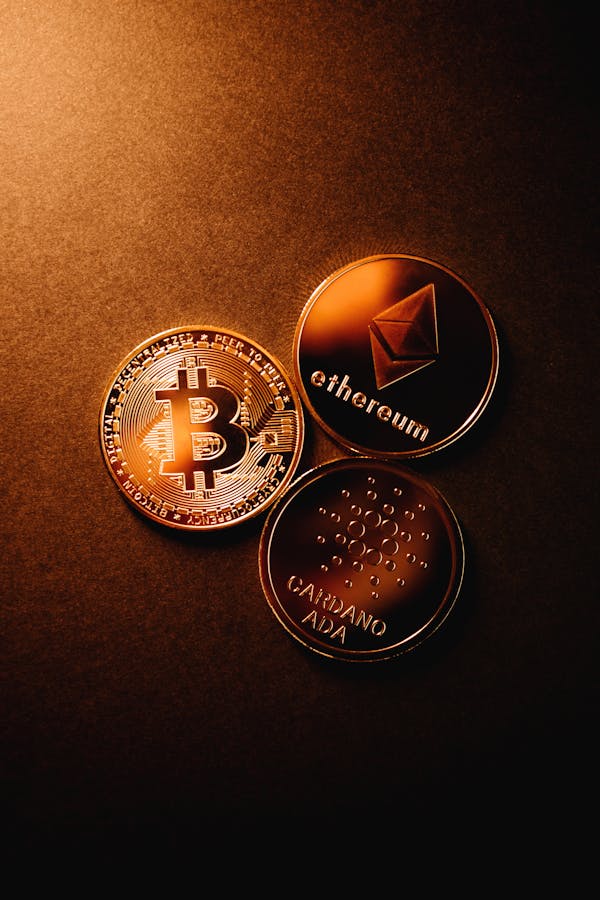Are Crypto Tokens same as coins? Is this the new way to earn money
Crypto tokens are a type of digital asset that are created, stored, and traded on blockchain networks. They are also referred to as cryptocurrency tokens or simply tokens. Tokens differ from the underlying blockchain technology (like the blockchain used by Bitcoin) in that they are constructed on top of the blockchain and have extra features and functions.
The fact that tokens are fungible, or interchangeable with other tokens of the same type, is one of their main qualities. Non-fungible tokens (NFTs), on the other hand, are distinct and cannot be substituted by other tokens. Although Bitcoin is the most well-known example of a fungible token, there are dozens of other tokens in use.
Tokens can stand in for many different things, including ownership of a tangible item (like real estate or a piece of art), access to a service (like a membership or subscription), or even a share of stock in a corporation. While certain tokens, like Bitcoin, are intended to be used as a form of exchange, other tokens have different uses.
Tokens' decentralised nature and peer-to-peer operation, which means they are not governed by a single central authority, is one of their main advantages. This makes it possible to transfer ownership and value quickly and effectively without the use of middlemen.
Tokens also have the advantage of being highly divisible, which enables them to be split into minuscule fractions and be applied to microtransactions. As a result, tokens can be used for micropayments and other little transactions that are impractical for conventional payment methods.
Tokens do have some potential disadvantages, though. One of them is their extreme volatility, which refers to how quickly their value might change. This makes them potentially dangerous as investments and makes it challenging to use them as a trustworthy store of value.
As a sort of digital asset, tokens are generated, held, and exchanged on blockchain networks. They can stand for a wide range of things and offer many advantages like decentralisation, divisibility, and quicker ownership transfers, but they also have disadvantages like volatility and an unpredictable legal environment.

Comments
Post a Comment